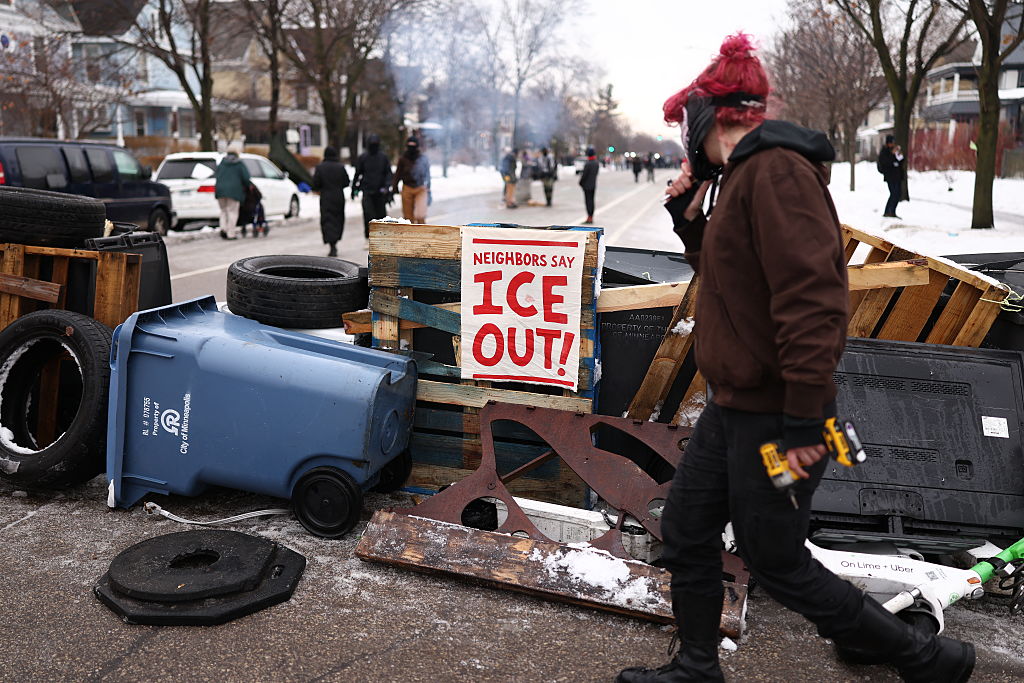Knowing your people -- their joys, their struggles and their core questions -- is one of the most important parts of pastoral ministry. And it’s work that is enormously dependent upon your people’s self-understanding and their ability to express themselves.
The ways of understanding and speaking about identity in our culture are constantly changing, so that it’s easy to feel lost or left behind in the discussion. But the internet offers rich resources for learning about markers of difference such as race, sexual identity, class, ability and language. Every day is a new opportunity to become more aware and nuanced in our understanding of self and others.
Knowing your people is the very work Christian leaders are called to do. We cannot dismiss the presence of people whose identity is defined in ways we do not completely understand. We cannot dismiss the stories of people whose theology about identity differs from our own.
We are called to know, understand and love. At a deeper level, we cannot simply embrace the presence of differences without engaging the histories and hierarchies of pain and privilege that always accompany differences.
Knowing your people entails developing a robust vocabulary and historical understanding of race, gender and other identity markers. Knowing your people involves developing of a structural analysis of the systems and institutions that perpetuate harm -- including your own. And knowing your people involves a careful examination of the ways our multiple identities intersect or collide with one another, creating unique opportunities and challenges for each person.
It can be uncomfortable, even awkward, to try to understand people who are different. But I believe that getting trained and setting ourselves to the task of continually learning about the wide array of human experience will aid us in developing more compassionate perspectives of, and faithful ministries with, our neighbors.
Here is a list of resources that have been helpful to me. Most of these resources have made me uncomfortable a time or two. I’m learning to welcome and learn from the discomfort instead of pushing it away.
Racial Equity Institute
This North Carolina-based organization offers workshops that train participants to understand and analyze the structures of racism in the United States and empower them to participate in anti-racist work in their communities and states. This isn’t workplace diversity or implicit-bias training. It is thorough, vocabulary-building, imagination-casting, community-creating anti-racist work. See the extensive bibliography on their resources page.
Robin DiAngelo
DiAngelo’s work has coached me to understand my role as a white woman in the midst of racist structures and racialized violence. Through her influence, I have dropped the word “ally” from my vocabulary. Watch DiAngelo’s video for the United Methodist Church General Commission on Religion and Race and then read some of her writing.
“Rescuing Jesus: How People of Color, Women and Queer Christians Are Reclaiming Evangelicalism”
Deborah Jian Lee tells three intersecting stories about identity and faith in the evangelical church. Her journalistic style invites you into the experiences of people who are very different from one another yet have borne similar wounds from the church. Though her focus is the evangelical traditions, we can all learn from her work.
“Dear White Christians: For Those Still Longing for Racial Reconciliation”
Jennifer Harvey’s treatment of the church’s history in dealing with racism is challenging but indispensable for Christian denominational leaders. Her book is a part of Eerdmans’ Prophetic Christianity series, in which authors from various contexts place identity in conversation with theology.
Franchesca Ramsey’s “Decoded”
The MTV News series “Decoded,” hosted by Franchesca Ramsey, features short, illuminating videos that decode the way young people talk about their identity.
Showing Up for Racial Justice
This national organization works in local chapters to educate and mobilize white people in the difficult work of confronting racial injustice.
Black Girl Dangerous
The online forum Black Girl Dangerous (BGD) covers social justice issues from a QTPOC (queer and trans people of color) perspective.
“Ghettoside: A True Story of Murder in America”
Jill Leovy explores a single homicide and the detective assigned to investigate it and ends up telling the story of why murder happens in poor communities.
NPR’s “Code Switch”
Each episode of this podcast explores the complicated nature of racial, ethnic and cultural identity.
“Hillbilly Elegy: A Memoir of a Family and Culture in Crisis”
J.D. Vance grew up in Appalachia and went on to graduate from Yale Law. In his memoir about his family, he challenges the dominant assumptions about the rural poor and tells the story of a proud people facing hard circumstances.














